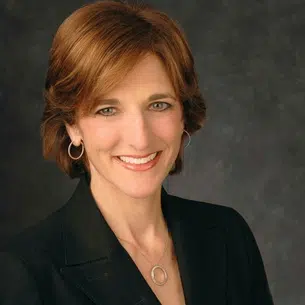(Reuters) – Opponents of military rule in Myanmar planned protests on Sunday a day after the security forces launched their biggest crackdown, arresting hundreds of people and shooting and wounding at least one.
State television announced that Myanmar’s U.N. envoy had been fired for betraying the country, after he urged the United Nations to use “any means necessary” to reverse the Feb. 1 coup that ousted elected leader Aung San Suu Kyi.
He vowed to fight on.
“I decided to fight back as long as I can,” Kyaw Moe Tun told Reuters in New York.
Myanmar has been in turmoil since the army seized power and detained Suu Kyi and much of her party leadership, alleging fraud in a November election her party won in a landslide.
The coup, which stalled Myanmar’s progress toward democracy, has brought hundreds of thousands of protesters onto the streets and drawn condemnation from Western countries, with some imposing limited sanctions.
People scoured hardware shops on Saturday for helmets and items they could use for masks and shields, posts on social media showed, with the Burmese-language tag #iwillbeonthestreet.
Saturday saw turmoil in towns and cities across the country as police moved forcefully to stamp out the protests, firing tear gas, setting off stun grenades and shooting guns into the air.
Uniformed police and plain-clothes security men set upon some people with clubs, witnesses said.
State-run MRTV television said more than 470 people had been arrested in all. It said police had given warnings before using stun grenades to disperse people.
Several journalists were among those detained, their media organisations and colleagues said.
“People are protesting peacefully but they’re threatening us with weapons,” youth activist Shar Yamone told Reuters.
“We’re fighting to end this military bullying which has been going on for generation after generation.”
‘BETRAYED COUNTRY’
One woman was shot and wounded in the central town of Monwya, 7Day News and an emergency worker said. 7Day and two other media organisations had earlier reported that she was killed.
Junta leader General Min Aung Hlaing has said authorities have been using minimal force. Nevertheless, at least three protesters have died over the days of turmoil. The army says a policeman has been killed in the unrest.
Saturday’s violence came after Myanmar’s Ambassador Kyaw Moe Tun told the U.N. General Assembly he was speaking on behalf of Suu Kyi’s government and appealed for help to end the coup.
MRTV television said he had been fired in accordance with civil service rules because he had “betrayed the country” and “abused the power and responsibilities of an ambassador”.
However, the United Nations has not officially recognised the junta as Myanmar’s new government.
U.N. Special Rapporteur Tom Andrews said he was overwhelmed by the ambassador’s “act of courage”, adding on Twitter, “It’s time for the world to answer that courageous call with action”.
Myanmar’s generals have traditionally shrugged off diplomatic pressure.
Suu Kyi, 75, spent nearly 15 years under house arrest during military rule. She faces charges of illegally importing six walkie-talkie radios and of violating a natural disaster law by breaching coronavirus protocols.
(Reporting by Reuters Staff; Writing by Robert Birsel; Editing by Daniel Wallis)







